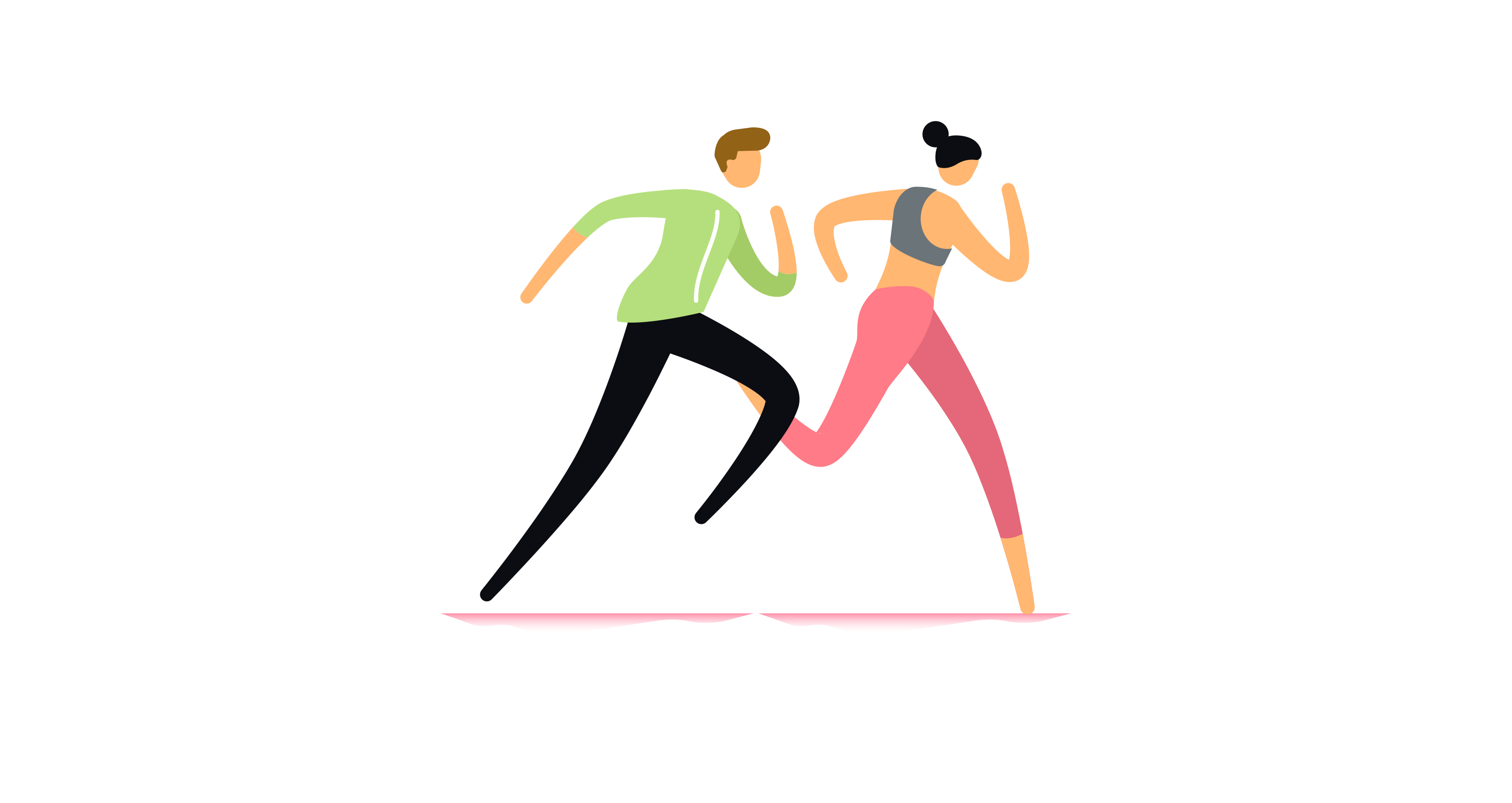
Is the gym proving to be a bit of a buzzkill? It might be time to snag yourself a workout buddy.
Strength in numbers: sentimental tripe or scientific fact? For about as long as there have been workouts, there have been workout buddies. Sure, it’s nice to exercise with a friend, but does having a workout partner really impact your performance? Explore the cold, hard science behind the health benefits of group workouts, right here. Just remember to consult with a doctor before you kick off a new fitness regimen!
Push yourself harder
You know what they say—the more the merrier. Introducing another person into your training regimen could give you the extra push you’ve been looking for, at least according to a study from the Society of Behavioral Medicine. Researchers found that training with a virtual workout buddy helped people to exercise for a significantly longer period than those who trained by themselves.
In fact, this study’s buddied-up cardio bunnies were able to exercise for more than twice as long as solo trainers. Think about that for a moment. If you double the intensity of your workouts every time you go to the gym, you’re going to see some seriously impressive gains.
Interestingly, this experiment was run with a workout buddy who was on a virtual loop, meaning that the “partner” was never going to stop their workout. This implies that working out with stronger partners can improve our own performance. It’s called the Kohler effect, and it’s one of the key reasons why working out with a superior workout partner can have a seriously beneficial impact on your workouts.
Stop dreading the gym
We get it: the gym isn’t exactly everyone’s idea of a great time. But that’s why group workouts could be something to consider. It’s not exactly rocket science, working out with your friends, spouse, or coworkers is bound to be a little bit more enjoyable than working out by yourself.
According to a recent study from the University of Southern California, physical activity is more enjoyable when you’re with a partner. And of course, if you’re enjoying your workouts, you’re much less likely to quit or get discouraged when you hit a rough patch. Plus, you’ll have a friend to help you navigate any problems that you encounter.
Even less stress
It’s no secret that exercise has some pretty magnificent stress busting benefits, but could group workouts help to reduce stress even more? That’s what the science seems to say. A study published in the International Journal of Stress Management found that people who exercised with a friend felt calmer afterward than those who exercised alone. This indicates that—when it comes to fitness—social support is super important, and exercising with a workout buddy can genuinely enhance the stress-reducing benefits of workouts.
Competition vs. cooperation
Decided to find a workout buddy? Awesome. Just one thing before you get started: make sure you’re not feeling too competitive. Although you might think that competition would encourage you to improve your performance, this may not actually be the case.
According to a study from the University of Oxford, a competitive atmosphere isn’t always helpful. Researchers discovered something interesting. When people believe themselves to be competing against stronger sportsmen, their performance drops. However, when they think that they’re working together in a team, their performance improves.
We see this buddy benefit in our own data. In the Withings Health Mate app, you can challenge friends and family to see who walks more, and we’ve seen that people who add others to their leaderboards end up walking 25% more, on average, than those who don’t!
As you can imagine, this sort of dynamic could have a big effect on your group workouts. If you’re likely to get competitive with your fitness-buff bestie, making them your go-to workout buddy may not be the best idea. However, if you can adopt a cooperative mindset and think of yourself as a team player, you’ve got a much better chance of experiencing a supercharged workout.
So, for a workout you can really rely on, maybe it’s time to buddy up.


